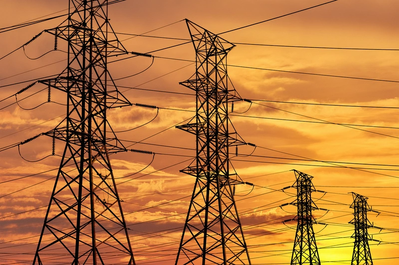RWE Seeks Bigger Market Share in Croatia
German energy group RWE aims to lift its market share in Croatia to 10 percent, the head of the company's Croatia business said on Friday, adding that the country's energy authorities need to do more to encourage sector investment.
State power company HEP dominates Croatia's electricity sector with 85 percent of the market, while RWE commands a 7 percent share of the electricity market and 5 percent in gas.
"We aim to reach 10 percent in both gas and electricity markets in the mid-term, but more importantly we want to bring innovative energy infrastructure and enable households to earn money when selling energy from (their) own photovoltaic production," Karl Kraus told Reuters.
The International Renewable Energy Agency has said that Croatia, which imports 40 percent of its electricity needs, could develop 3,200 megawatts (MW) of solar power by 2030 but the lack of a supportive investment framework has deterred investors. Croatia currently has 4,500 MW of installed power generation capacity..
"In the past two to three years no new renewables project came to market. Croatia needs to define a market-based renewables support scheme," Kraus said.
"Future trends like photovoltaics, eMobility or smart grids, have not arrived in Croatia yet as market reforms have slowed in the past few years, threatening to bring back a monopoly situation."
Kraus also said that Croatia's electricity bourse CROPEX should be used to trade all domestic power production, which he said would eventually help the country to become a power exporter.
"The market nominally exists, but is not really used because HEP offers minor quantities. Both HEP and RWE buy electricity in neighbouring markets instead of closing the production gap through common projects," Kraus said.
He added that a clear market price for electricity would help investors to make decisions on building new production capacity.
On the gas market, full liberalisation has been postponed from 2017 to 2021 and prices for household consumption remain regulated by the state.
"The government should have more trust in the market and be open to talk to investors about development priorities," Kraus said.
At the moment Croatia imports close to half of its gas consumption.
Reporting by Igor Ilic












